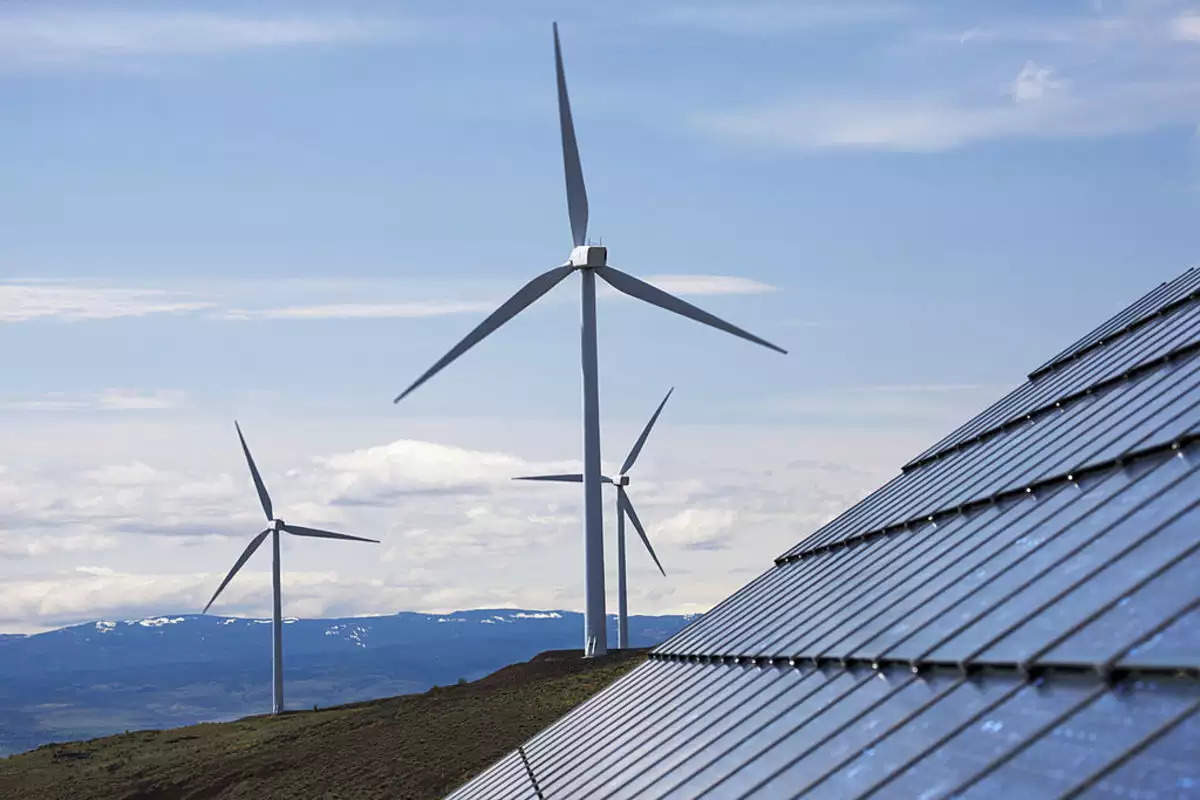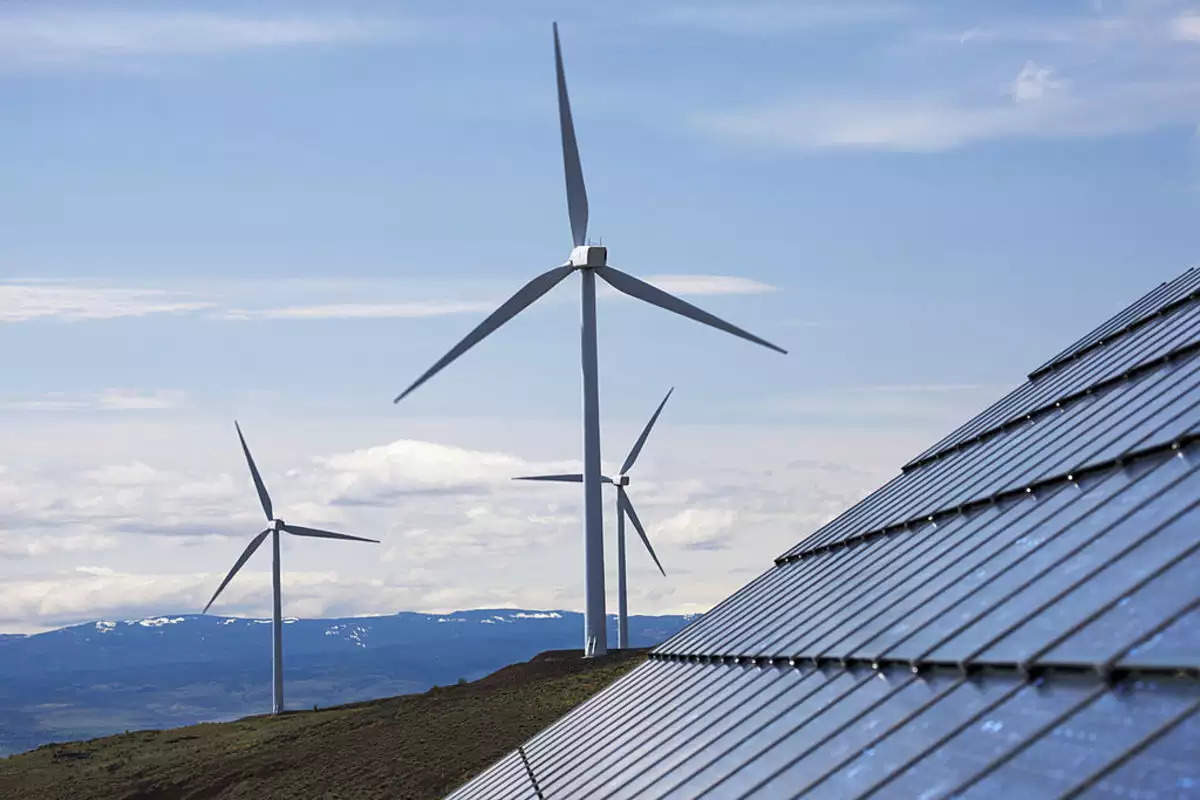
New Delhi: India’s renewable energy installed capacity is expected to reach 336.5 gigawatt (GW) by 2026-27 contributing to 35 per cent in the total energy mix and to reach 596 GW by 2031-32 contributing to 44 per cent in the total energy mix, according to the National Electricity Plan (NEP) notified by the Central Electricity Authority on Wednesday.
It said that a total capacity addition of 31.8 GW from conventional sources and 180 GW from renewable energy sources has been envisaged for the period 2022-2027.
“Out of this a capacity of 11 GW which comprises 120 MW of large hydro, 9,306 MW of solar, 1,572 MW of wind and 138 MW of other RE has been commissioned during 2022-23 as on 31 December 2022,” added the document.
The total fund required for the period 2022-2027 is estimated to be Rs 14,54,188 crores, which also includes the likely expenditure during this period for the projects expected to get commissioned during 2027- 2032.
“The fund requirement for the period 2027-32 has been estimated based on total capacity addition of 291 GW, consisting of 32 GW from conventional energy sources, 259 GW of renewable energy sources and 38.5 GW/201 GWh of battery energy storage systems,” it added.
The NEP includes a review of the period 2017-22, detailed capacity addition requirements during the years 2022-27, and perspective plan projections for the years 2027-32.
Overall capacity addition:
India’s overall installed capacity as on 31 March 2022 was 398 GW – excluding 510 MW of diesel – comprising 235 GW of thermal, 6.7 GW of nuclear, and 156 GW of renewable energy.
“The projected capacity addition requirement during the period 2022-27 to meet the peak demand and energy requirement for 2026-27 is 211 GW comprising 31.8 GW of conventional capacity and 179.9 GW of renewable-based capacity,” the NEP highlighted.
It added that based on generation planning studies carried out for the period of 2022-27, the likely installed capacity for 2026-27 is 609 GW comprising 273 GW of conventional capacity and 336 GW of renewable-based capacity.
Whereas, the projected capacity addition requirement during the period 2027-32 to meet the peak demand and energy requirement for the year 2031-32 is 291 GW comprising 32 GW of conventional capacity and 259 GW of renewable capacity.
For the period of 2027-32, the likely installed capacity for 2031-32 is 900 GW comprising 304 GW of conventional capacity and 596 GW of renewable capacity.
The document further added that the contribution of RE sources to the installed capacity has increased from 5.8 per cent in 2006–07 to 39 per cent in 2021-22 till 31 March 2022 and further increased to 41per cent as on 31 December 2022 and its energy contribution in the total generation has increased to 21.54 per cent in 2021-22 from 1.5 per cent in 2006-07.
It said that based on the study results, the country is likely to achieve a non-fossil fuel based installed capacity of 500 GW by the year 2029-30.


